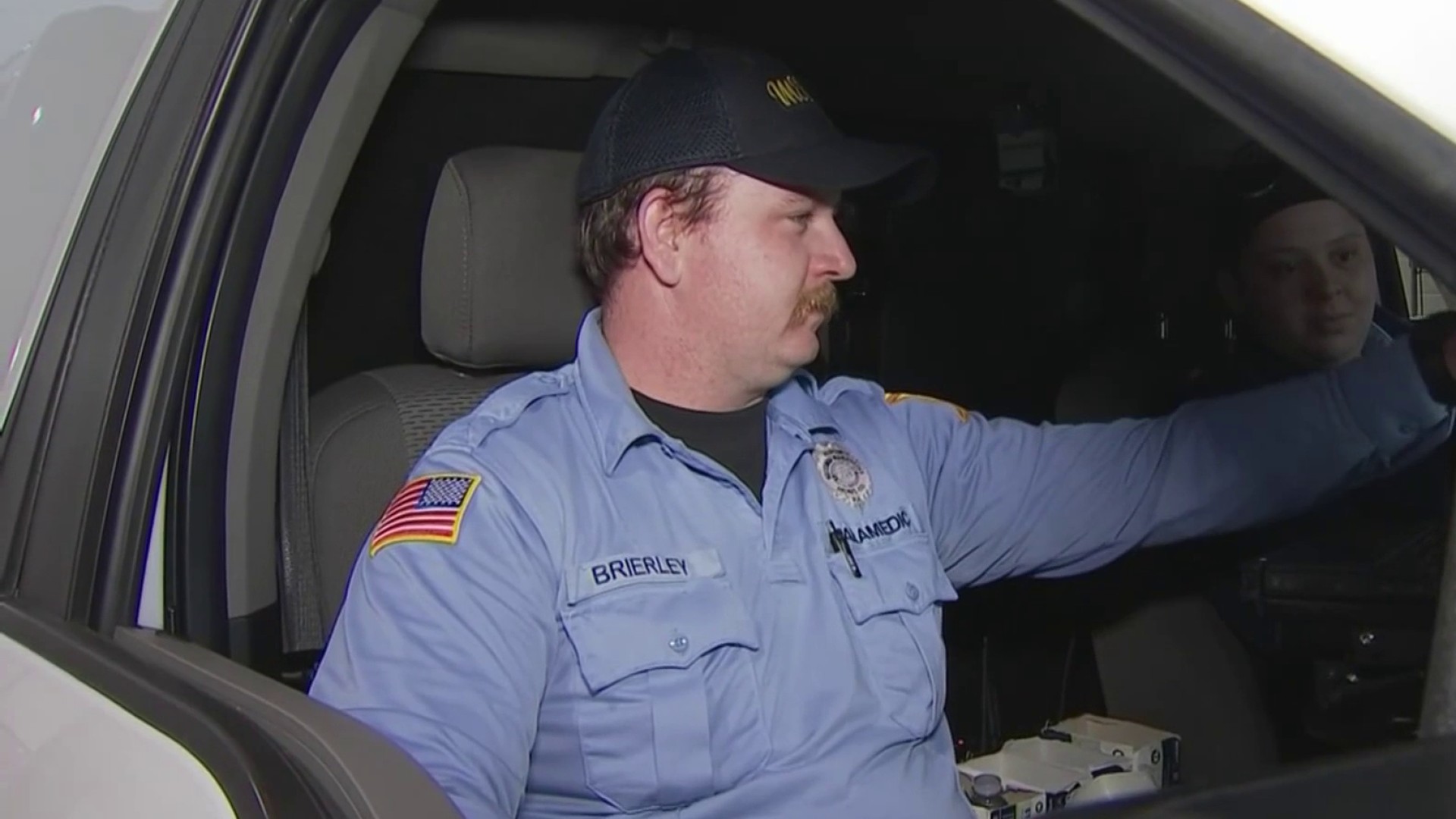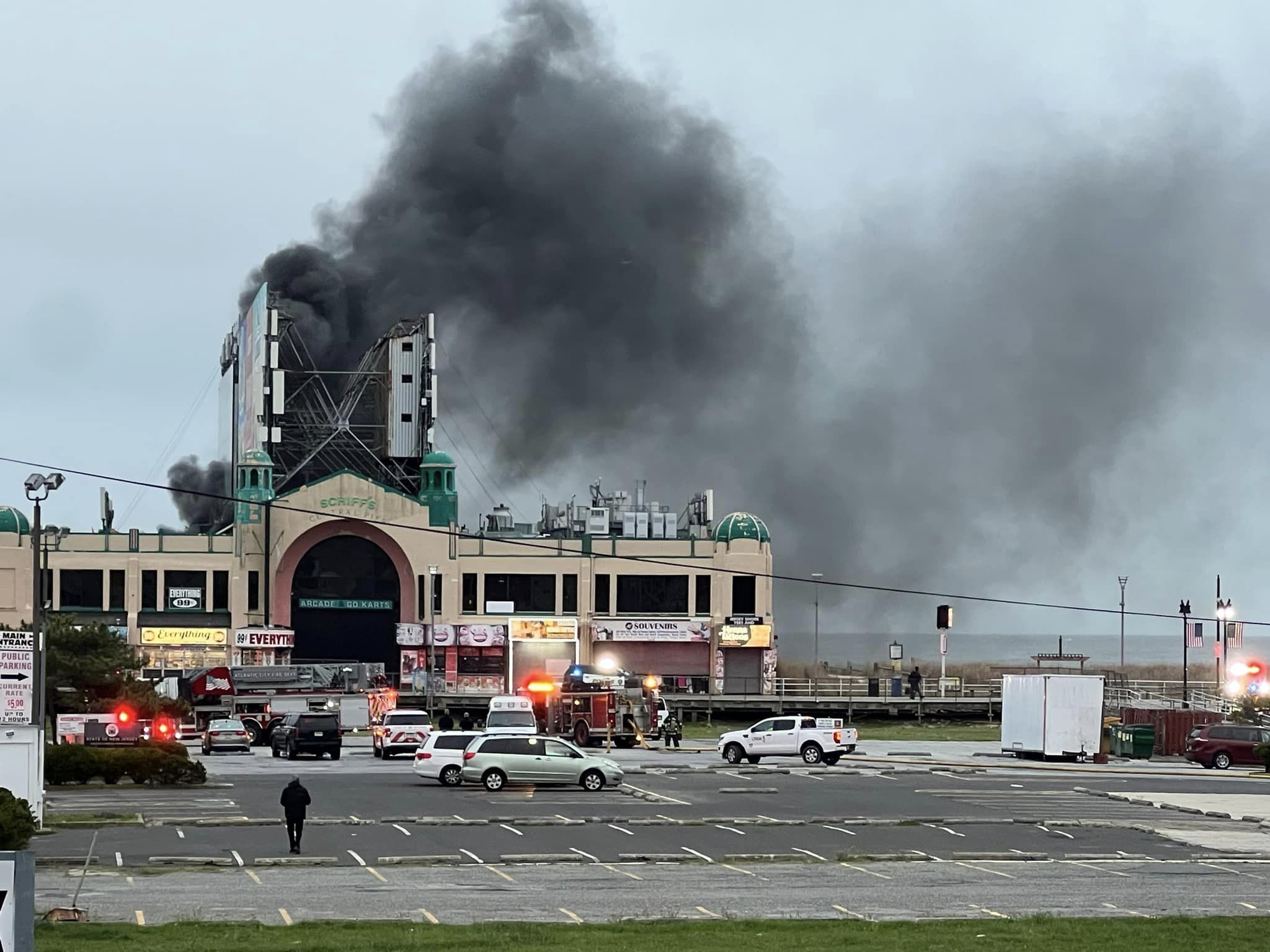Pipe wrench in hand, Gary Hovis hiked a familiar path Wednesday from one of his family's oil wells to the next, climbing a wooded hillside along Dog Hollow Road.
Hovis has been coaxing oil from these shallow wells, most of them older than he is, for as long as he can remember.
"Since I was old enough to pick up a wrench," Hovis, who recently turned 70, told the Erie Times-News.
He remembers oil that sold for $4 a barrel, boom times in the 1980s and a long bust that followed, times he was grateful to have a day job that paid the bills.
What Hovis said he doesn't remember is a time when independent oil producers like himself faced a greater challenge.
It's not about price.
Hovis, whose wells pump premium Pennsylvania Grade crude, has been collecting between $95 and $100 a barrel for oil that can be used in a wide range of products, including lubricants, lotions and candles.
Local
Breaking news and the stories that matter to your neighborhood.
These are the best prices of his lifetime, and there's a profit to be made even with soaring prices for the steel pipe and other supplies.
But what oil producers can't survive, he said, is being lumped under the same regulatory umbrella that now governs horizontal drilling for natural gas in the Marcellus and Utica shales.
It is the difference between oil wells that occupy a couple hundred square feet and ones that occupy a 5-acre drill site. It is the difference between wells drilled for $50,000 and ones drilled for millions of dollars, said former U.S. Rep. John Peterson, of Pleasantville, Venango County.
Peterson, who is working as a spokesman for the Pennsylvania Independent Petroleum Producers -- a group led by Hovis -- said Pennsylvania Act 13, enacted in early 2012, wasn't supposed to affect the small oil producers.
But the reality is different, said Peterson, who suggests that enforcement levels have been stepped up and the prospect exists for even tougher regulations.
A report from the Pennsylvania Grade Crude Oil Coalition, released Sept. 1, says the state "(Department of Environmental Protection) has developed, proposed and finalized a variety of policies, permits and forms within the past 12 months that have hampered and will continue to hamper the conventional oil and gas industry, often with unclear environmental benefit."
Gary Clark, a spokesman for the DEP, said no new inspectors have been added and that small oil producers are not generally covered by Act 13.
Hovis spoke last week about new rules that could be on the way as he walked among a few of his 25 oil wells, some marked by small pump jacks.
In the heyday of these wells, perhaps 90 years ago, the best of them might have produced 15 or 20 barrels of oil a day, Hovis said.
But those days are long past.
"We're not talking about barrels. We're talking about gallons," Hovis said. "This well might make 8 gallons a day and that one might make 6."
His operation, linked by a network of plastic pipes that lead to central tanks for oil and water, shares little in common with the massive well sites found that are drilling horizontally into the Marcellus Shale.
Hovis said it can take more than 2 million gallons of water to hydraulically fracture a gas well. Hovis said fracking one of his wells might take a thousand gallons of water.
Yet, Hovis said, both he and the Marcellus Shale producer face the same legal standards for reporting their activity to all neighboring municipalities. The object, he said, is to prepare them for an onslaught of truck traffic.
But when Hovis fracks a well, the truck traffic is just one truck, he said.
Pennsylvania oil producers, the remnants of an industry that was born in northwestern Pennsylvania in 1859, have some thoughts about how best to police their own ranks.
In its report, the Pennsylvania Grade Crude Oil Coalition recommends the DEP restructure its rules "in a manner that clearly identifies and separates those provisions that apply only to unconventional operations and activities."
Both Peterson and Hovis think the answer might be an ongoing conversation between the DEP and the oil producers and the creation of an advisory board that would give producers a hand in drafting the rules they follow.
Peterson thinks producers like Hovis have earned that right.
"We have been doing this for 150 years, and we have the finest trout streams in Pennsylvania," he said. "That to me is proof we are doing this right."
The DEP's Clark said that for the most part, the rules and regulations that govern Pennsylvania's oil producers are different from those for the state's growing natural gas industry.
He allows, however, that there might be a natural tendency to apply the same standards.
"Because the Marcellus Shale people have done such a good job, we may be holding everybody else to a higher standard," he said.
The bottom line, Clark said, is that DEP is duty-bound to enforce the state's laws. At the same time, he said, "Anytime you get a group of people in the business willing to listen to you, we should sit down and listen to them."
Hovis likes what he's doing — the regular treks back into the woods, the act of squeezing a few more gallons of dark crude out of the ground each day.
"It gets in your blood," he said.
But Hovis said he's convinced that his industry is doomed to fail if the standards are the same for small producers like himself and producers spending millions to tap Pennsylvania's shale.
"If we have to live up to everything the Marcellus (producers) have to, I think most of us will be out of business," he said.



